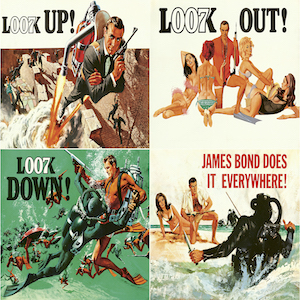Bloom: The New Age
By Jo Phillips
The summer brings forth the birth of new beginnings. A period of growth of personality, intelligence, maturity and psyche. That will potentially play a great part in rebuilding ourselves. Literature is a stimulant for intellectual understanding of the world, that provides nourishing food to excel and cultivate. Food for the soul. The bloom of adulthood is revived, in up and coming of age, genre novels. It’s a movement, in which younger generations can be influenced as a result of it’s vast coverage and relatable topics.
The self is illustrated in Kazuo Ishiguro’s novel; Never Let Me Go, as a focal topic, through the use of the character, Kathy H. Her journey of growth begins, at the start of her life. Kathy is the one of many children whom is part of an educational institution named Hailsham. Not only does this stereotype form to the conventional coming of age novel genre, but it’s reminiscent of certain stories like Harry Potter. There is an undertone dystopian elements. Brought up in this boarding school, Kathy is disconnected from the outside world and society. From the discovery that all the students and including herself are all part of a science experiment, that they are all clones whose organs will be used for donors, she starts to question her identity and her true self.
In Please Don’t Come Back From The Moon by Dean Bakopoulos, readers will follow the life of Michael Smolij, a boy who grows up fatherless and who also try follow the predestined path that’s available to him and the youths of Detroit’s working class. A crucial social commentary, pinpointing the problems of growing up at the bottom on of the social ladder.
A platform for teen angst, The Catcher Of The Rye by J.D Salinger and Rumble Fish by E.S Hinton are both classic coming of age, pieces of literature. Rumble Fish narrates a story of a young male protagonist and his experiences during a crucial period of growing up. This contains heavy dosages of teen angst cultivating into gangs and violence. The Catcher Of The Rye, narrated by a young man named Holden Caulfield. The reader realises this main character is undergoing treatment at a mental hospital and the majority of the narration is of him relaying his past experiences. Not only do these pieces replay a time of childhood and the transition into adulthood, but they recollect a memory of identity as well as structuring the problems and benefits of coming of age.







